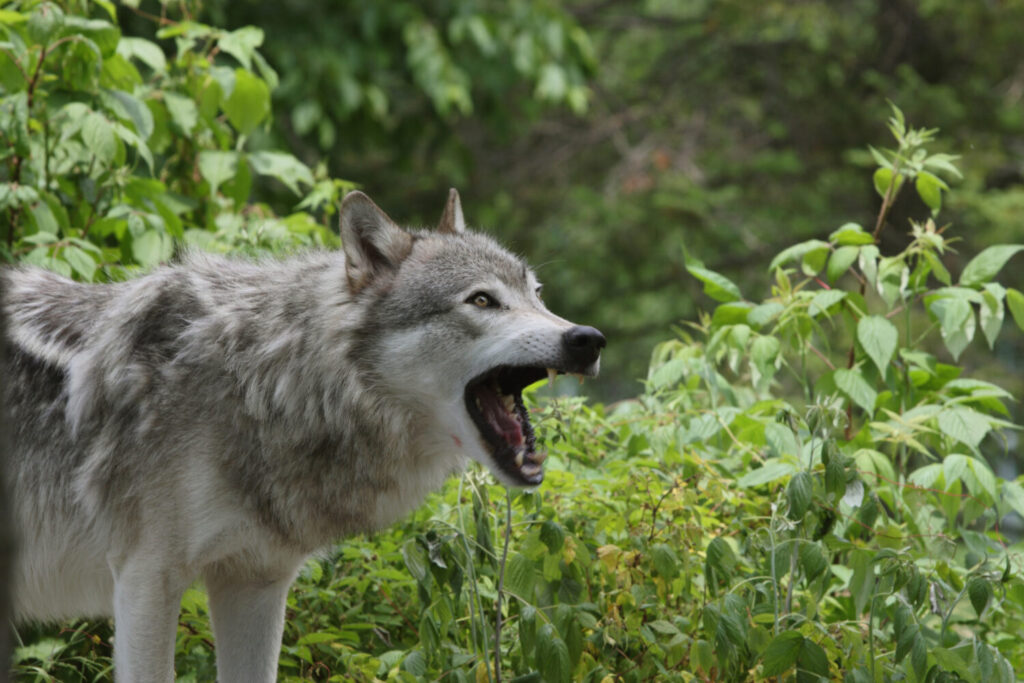
TINA L. SCOTT
EDITOR
The Wisconsin Department of Natural Resources (DNR) announced they will hold a virtual public listening session on their newly proposed wolf management plan on Tuesday, Feb. 7, 2023, at 4:00 p.m. Interested parties can view the proposed plan and see more information about the planning process in advance of the session at: https://dnr.wisconsin.gov/topic/wildlifehabitat/wolfmanagementplan.
Anyone who wishes to provide or make comments during the live listening session must register in advance, by noon on Monday, Feb. 6, 2023. The link for registration is included in the above url.
Anyone can tune in to view the live feed of Tuesday’s listening session on the DNR’s YouTube Channel: https://www.youtube.com/watch?v=ZAMpsiAPWoc.
The listening session is a supplement to, and in addition to, the public review and comment period on the proposed wolf management plan. That public review and comment period is open until Feb. 28, 2023. Comments can be submitted to the DNR for this purpose via their website using the Online Comment Tool, via email, and by regular mail. Email comments can be submitted to: [email protected] or comments can be mailed to: Wolf Management Plan Comments, 101 S. Webster St., PO Box 7921, Madison WI 53707-7921.
In 2021, $179,344.06 was paid out in wolf damage payments across the state.
Reports listing the reported problems with wolves are available at the DNR website: https://dnr.wisconsin.gov/topic/WildlifeHabitat/wolf/maps.html. Scroll down under the heading “Depredation Reports” and click on the report for the year desired. Note: Depredation is a fancy word for attack. Reports for confirmed and probable wolf depredations, verified wolf harassment or threats, unconfirmed depredation or complaints, and confirmed non-wolf depredation or complaints are all presented, by year.
As an example, confirmed/probable wolf depredation/attacks occurred in 2022 in 12 different counties in Wisconsin according to the reports, including one in Lincoln County (a Plott hunting dog), and documented attacks affected dairy calves, domestic dogs, hunting dogs, chickens, lambs, and beef calves and heifers, of various breeds.
In addition, verified instances of wolf harassment or threats affecting human safety, pets, and livestock were documented in seven counties and involved threats of wolves close to residences, threats to domestic/pet dogs, and threats to cows, including dairy cattle, beef cattle, and bison. Many other unconfirmed complaints were also filed, affecting some of the same, but also many additional, counties and also involved human safety, pets, livestock, horses, deer, and adult sheep, as well.
A Feb. 10, 2022, federal court ruling resulted in gray wolves being listed as an endangered species in the lower 48 states (excluding the northern Rocky Mountains region). As such, wolves are federally protected. Harvest and lethal depredation control are prohibited. Translated? You can’t shoot or kill a wolf.
The DNR website said it will continue its robust wolf population monitoring program and the development of an updated wolf management plan. The goal is to maintain a healthy, secure wolf population in the state, while also partnering with the UWDA-Wildlife Services to address wolf conflicts.
